One hundred years ago in Ireland breastfeeding was the norm, as formula was not yet commonly available. It was not until the 1950s that rates started their sharp decline.
Today, Ireland’s breastfeeding rates are among the lowest in the world. In 2022, 62% of babies were breastfed in Ireland when the public health nurse made their first visit after birth. However, only 44% of Irish babies were fed breastmilk exclusively once they left maternity services and this figure drops far behind other developed countries during the first six months of the child’s life.
While the numbers have been improving over recent years, there is still a long way to go to reach the 100% target UNICEF recommend for exclusive breastfeeding during the first six months of life.
As any woman who has breastfed their baby will tell you, nursing a baby is a difficult, relentless and exhausting task and breastfeeding women need your support.
To illustrate these struggles, we spoke to mums and dads about what breastfeeding has been like for their family, and we asked them what might help others struggling to breastfeed.
Health benefits
Eda, from Dublin, spoke to us about breastfeeding baby Zoe.
She says: “I have never been needed by someone 24/7 before. Feeding on demand is labour intensive and a skill to fine tune, but it has forced me to slow down and be in the moment. Every time she gains weight, holds my hand, looks up at me or coos, it makes the hard work worth it. I wouldn’t have it any other way.”
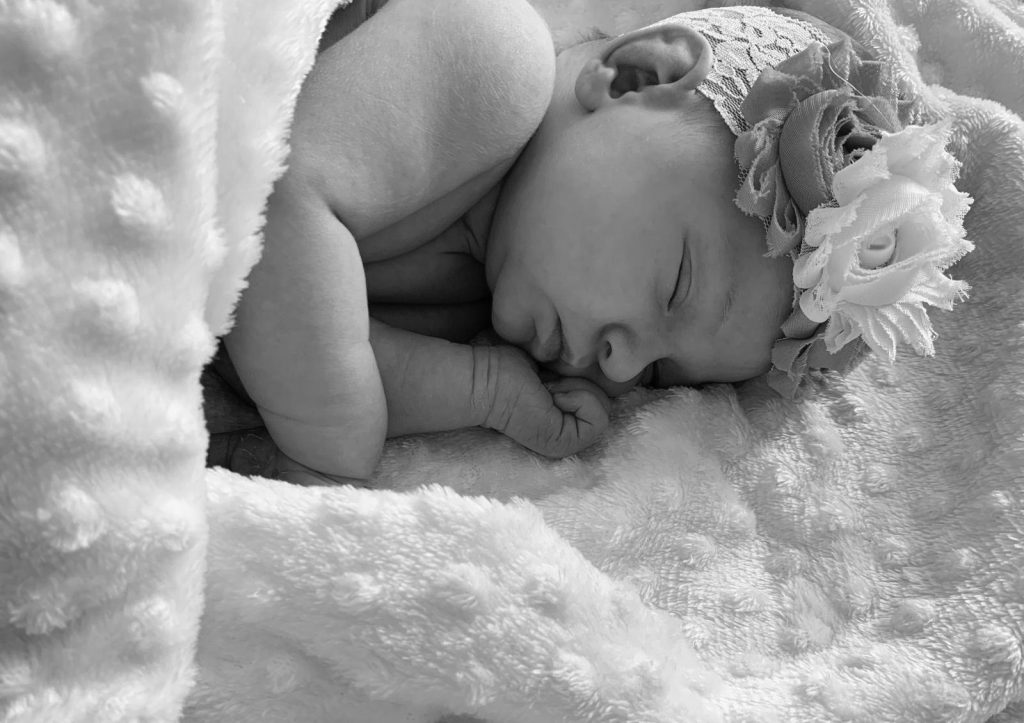
Dad Owen says he feels needed too: “It’s a great way for all of us to bond. When Zoe latches after turning her face a hellfire red from screaming for food it brings an instant relief. As the errand boy I’m more than happy to help fetch water, pillows, the sound machine, new nappies, and so on.”
Baby Zoe, like all babies, greatly benefit from breastfeeding.
For the child, breastfeeding reduces the risk of sudden infant death syndrome (cot death), ear infections, diarrhoea, respiratory infections and obesity. It is also possible that it leads to increases in measured intelligence.
Meanwhile, for the mother, breastfeeding reduces the risk of breast cancer, ovarian cancer and type 2 diabetes.
Bonding with baby
Another huge plus is the opportunity breastfeeding provides for mum and baby to bond, something that will help the infant have their needs met and helping to make them healthy and happy.
Mum Irmak, from Dublin had a very positive experience breastfeeding baby Aurelia with help from dad Eoin.
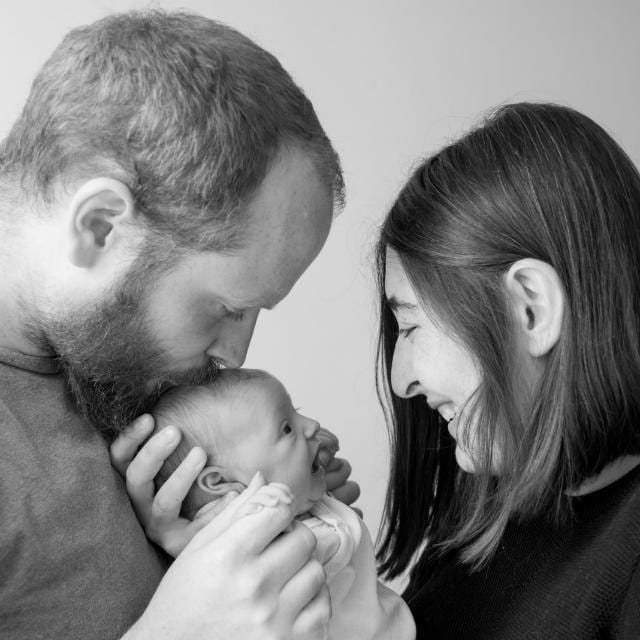
“One of Aurelia’s first words was the word for breast. Every time she says it, I melt inside,” she says.
“I really enjoy breastfeeding because it’s a great chance to tell her how much I love her, many times a day. I think about how the milk goes to every part of her body and makes her what she is. It is like the perfect continuation of pregnancy.”
Dad Eoin is supportive: “Breastfeeding forms a really strong bond between mother and baby. As a father it’s an absolute joy to watch my child growing up in her mother’s arms.”
Serotonin rockets
“My serotonin levels rocketed! And they still do every time she feeds” says Sonia Harris Pope.
Sonia breastfed her daughter Ruby and admitted it was difficult at times: “It hasn’t always been easy. Some days were filled with worry … was my milk actually coming through? Was she getting enough? How did we know it was actually coming out?
“Conor (Sonia’s husband) held our hands, supported us no matter what and we got there. We’ve had tricky times, and painful, worrying moments with cracked nipples, to bites to horrible lumps. But we kept going because the best advice I received through it all was ‘just keep feeding’”
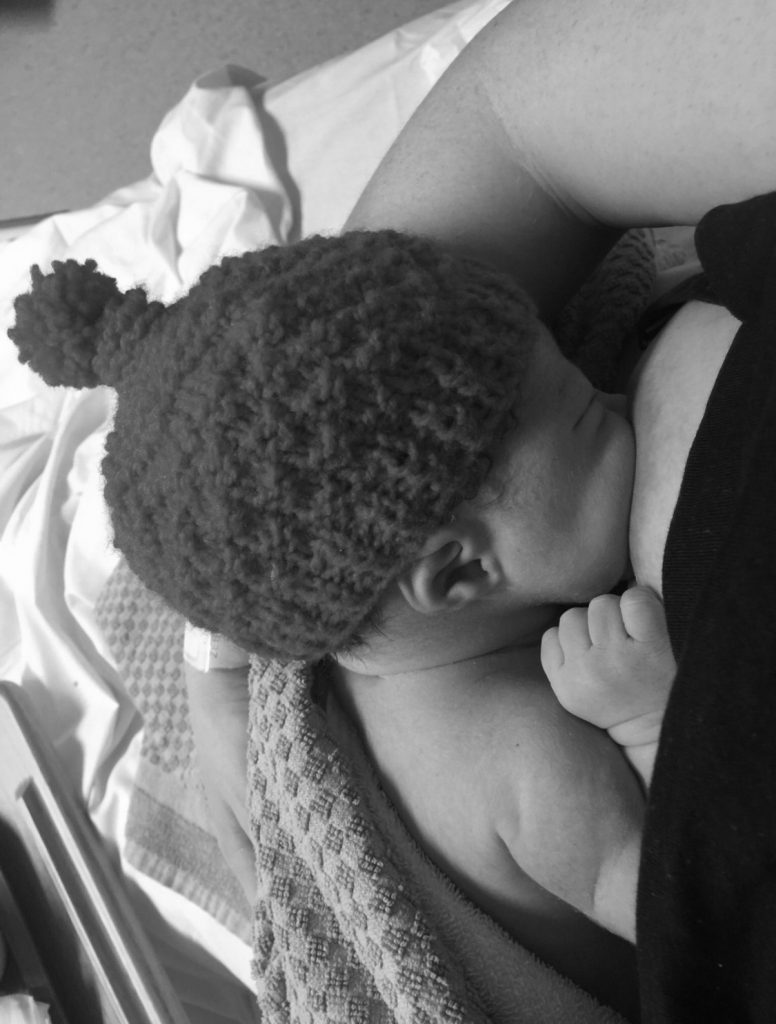
Sonia added: “It’s a lovely way to wind down after a mental day and a nice way to start her days too. I still get that natural high and she eats absolutely everything and is thriving, thankfully. Did I get lucky? Absolutely. I don’t take it for granted and though it’s brilliant, it’s not always easy. I’m just glad we stuck to it.
Get help
Mam Aisling learned to be kind to herself over her first year of breastfeeding. She wants others to learn that too: “Set realistic expectations. You won’t finish learning to breastfeed in hospital – that’s ok, there is plenty of time. It will come. Start small. Try telling yourself ‘We’ll do it for two weeks.’”
Aisling got expert advice while breastfeeding son Liam for his first year
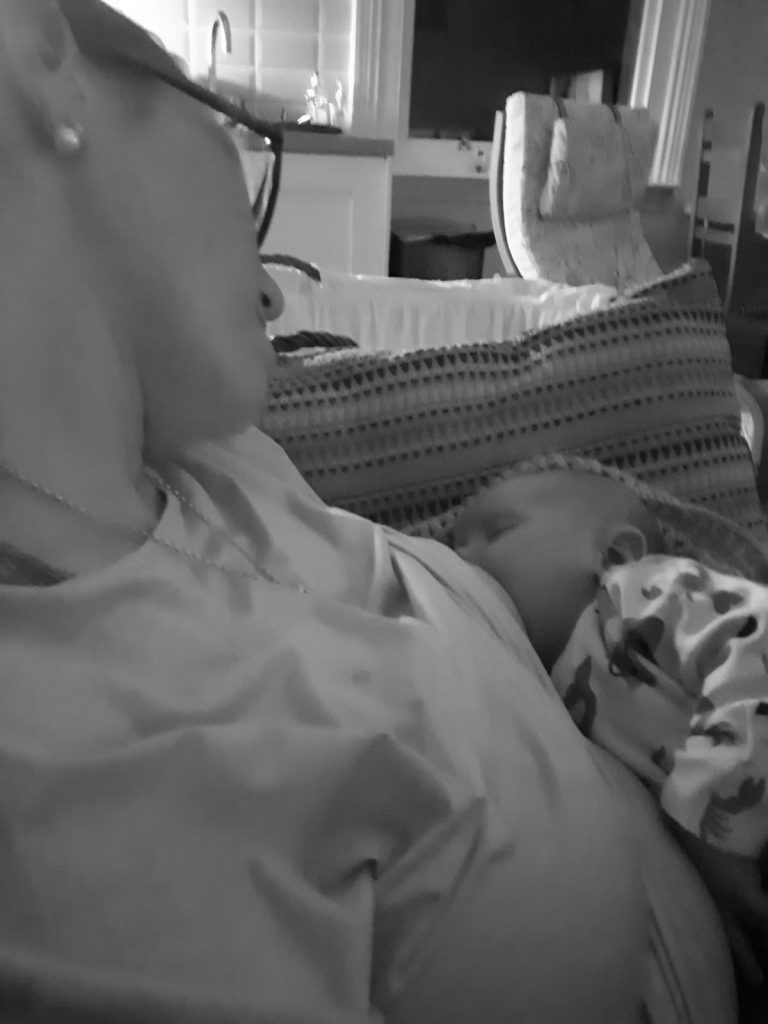
Aisling’s other key tip: “Take Advice. It’s not rocket science, but it is a new skill and lactation consultants are amazing teachers! If you can access one in hospital all the better. If not, get to your local breastfeeding support group ASAP.”
Husband Paul was pleased to be able to support Aisling and their baby Liam: “Dad’s role is to take care of Mam so she can provide for baby. I felt very grateful that my son was getting excellent nutrition and care. I never felt left out. I was happy to get involved in play and care.”
Mum Ranae Von Meding agreed that support from those around you is key.
“Breastfeeding our girls hasn’t always been straightforward. In fact, at times, it’s been the hardest thing in the world to do. Everything that could go wrong for us the first time around, did go wrong.”
Ranae is mum to two daughters, both of whom have been breastfed.
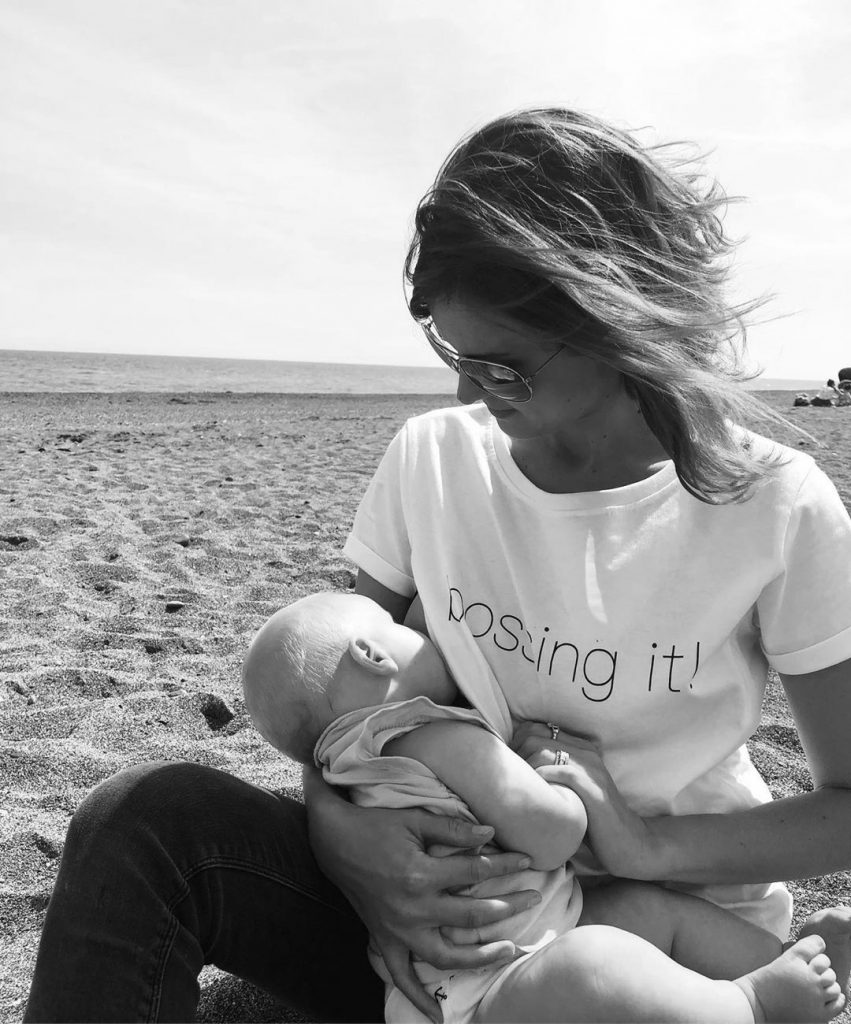
“Support is the single thing that got me through,” she said. “The support of my wife, family and friends, amazing lactation consultant and a local breastfeeding group: we have a WhatsApp group with almost 200 local mamas. We call ourselves the Mammary Mob!”
Support not pressure
Mum of two Sinead felt societal pressure to stop breastfeeding. She told us: “I love my family and friends, but they did not know how to support my decision to breastfeed. In my experience there is incredible pressure out there undermining breastfeeding mothers. It is subtle but it is real, and it would have helped me, and would help me now, to hear mothers like me talking about it, standing up for themselves and each other.
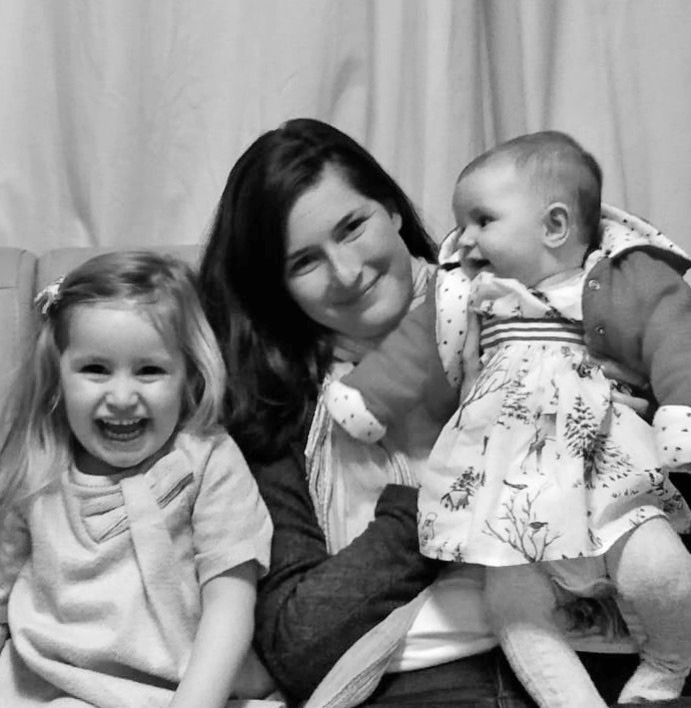
“I have found breastfeeding mothers surprisingly shy when it comes to talking about their experiences or offering an opinion, and I have been incredibly touched by their gentle kindness, compassion and understanding. Unlike some others, including the media, they never ever made me feel judged.
“I wish I could go back and tell myself that caring for a new-born is hard work no matter how you feed them, and that contrary to all the well-intentioned advice you will hear, a bottle will not solve everything.”
UNICEF is campaigning to support the rights of mothers like Sinead, including:
✅ Family-friendly policies such as paid maternity leave, breastfeeding breaks and dedicated spaces for breastfeeding.
✅ Ethical marketing of breastmilk substitutes.
✅ Robust breastfeeding monitoring, to help inform policy and funding decisions.
Together, we can make sure every mother is supported on their breastfeeding journey.
UNICEF Ireland would like to thank all the amazing mothers who shared their stories with us and wish all parents a happy and healthy World Breastfeeding Week.

